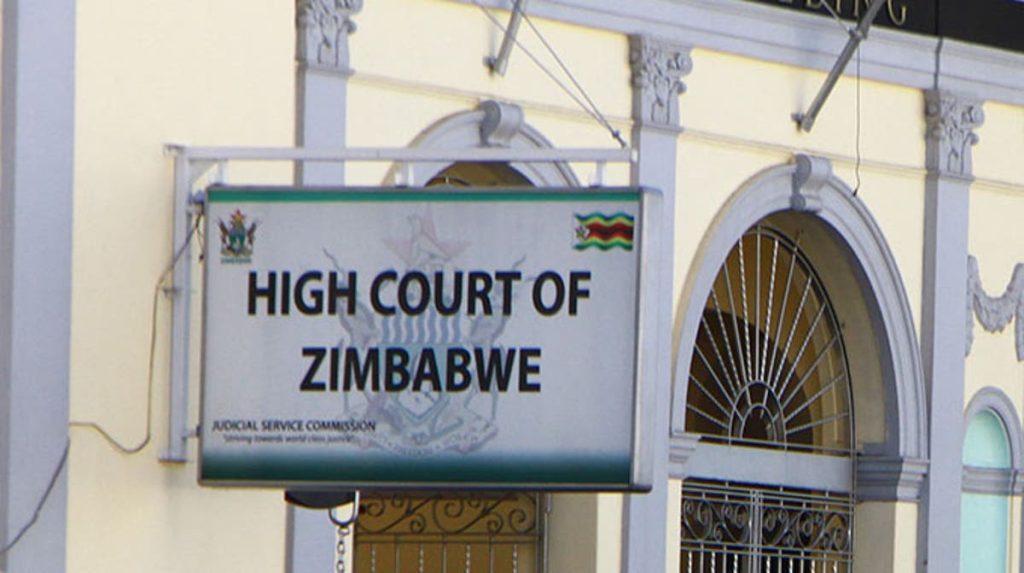
By Staff Reporter
Harare – A local retiree’s bid to recover a frozen US dollar investment from Old Mutual has been rejected by the High Court.
The decision has significant implications for investors affected by the country’s regulatory changes in recent years.
Shelley Makwiranzou, a former accountant, had invested US$72,232.87 in Old Mutual’s Money Market Gross Fund in 2010.
Following the introduction of the Reserve Bank of Zimbabwe’s Exchange Control Directive in 2018, her investment was allegedly converted into local currency without her consent.
Makwiranzou took Old Mutual to court, seeking an order compelling the company to pay her the original amount in US dollars, plus interest.
Old Mutual Limited, Reserve Bank of Zimbabwe and the Minister of Finance are cited as first to third respondents, respectively.
Old Mutual Unit Trust Management Company (Private) Limited, Stanbic Bank Zimbabwe Limited N.O. and Old Mutual Unit Funds Scheme were cited as the fourth, fifth, and sixth respondents, respectively.
Makwiranzou argued that her investment was not a bank account and should not have been affected by the Exchange Control Directive.
However, the High Court judge Justice Siyabona Musithu, found that the application was defective and dismissed it.
Musithu noted that there was no contractual nexus between Makwiranzou and Old Mutual, as the relevant Trust Deed showed that the fourth respondent was the manager of the trust and the fifth respondent was a trustee.
“The applicant cannot therefore genuinely claim not to have been aware of the existence of the fourth respondent.
“At any rate, there was no need to seek the joinder of the fourth to sixth respondent if she was completely certain that her claim against the first respondent was sustainable and meritorious.
“It is for the foregoing reasons that the court determines that there is merit in the first, fourth, fifth and sixth respondent’s preliminary point on the absence of a cause of action against them.
The applicant’s claim was poorly pleaded. She had a second bite of the cherry to regularise her claim when she sought the joinder of the relevant parties, but she inexplicably spurned it,” ruled Justice Musithu.
The decision is a setback for investors who have seen their foreign currency investments affected by regulatory changes in recent years.
While the High Court’s ruling may not be the final word on the matter, it does provide some clarity on the legal position regarding such investments.
In 2020, Justice Happious Zhou ruled the Exchange Control Directive Number RT120/201 was invalid as it, “manifestly violates the right to property”.
“It is offensive to any sense of justice that a person who holds money in a bank can wake up on any day to be told that his money means something else different from what it has always been.
“This drastic deprivation of existing rights is not what is contemplated by section 317 of the Constitution of Zimbabwe as constituting regulation of the monetary system, protecting the currency of Zimbabwe and implementing monetary policy,” ruled Justice Zhou.
Justice Zhou’s ruling and other similar judgements were, however, nullified by a unanimous decision made by the Constitutional Court in June 2023, which backed the Exchange Control Directive Number RT120/201.


